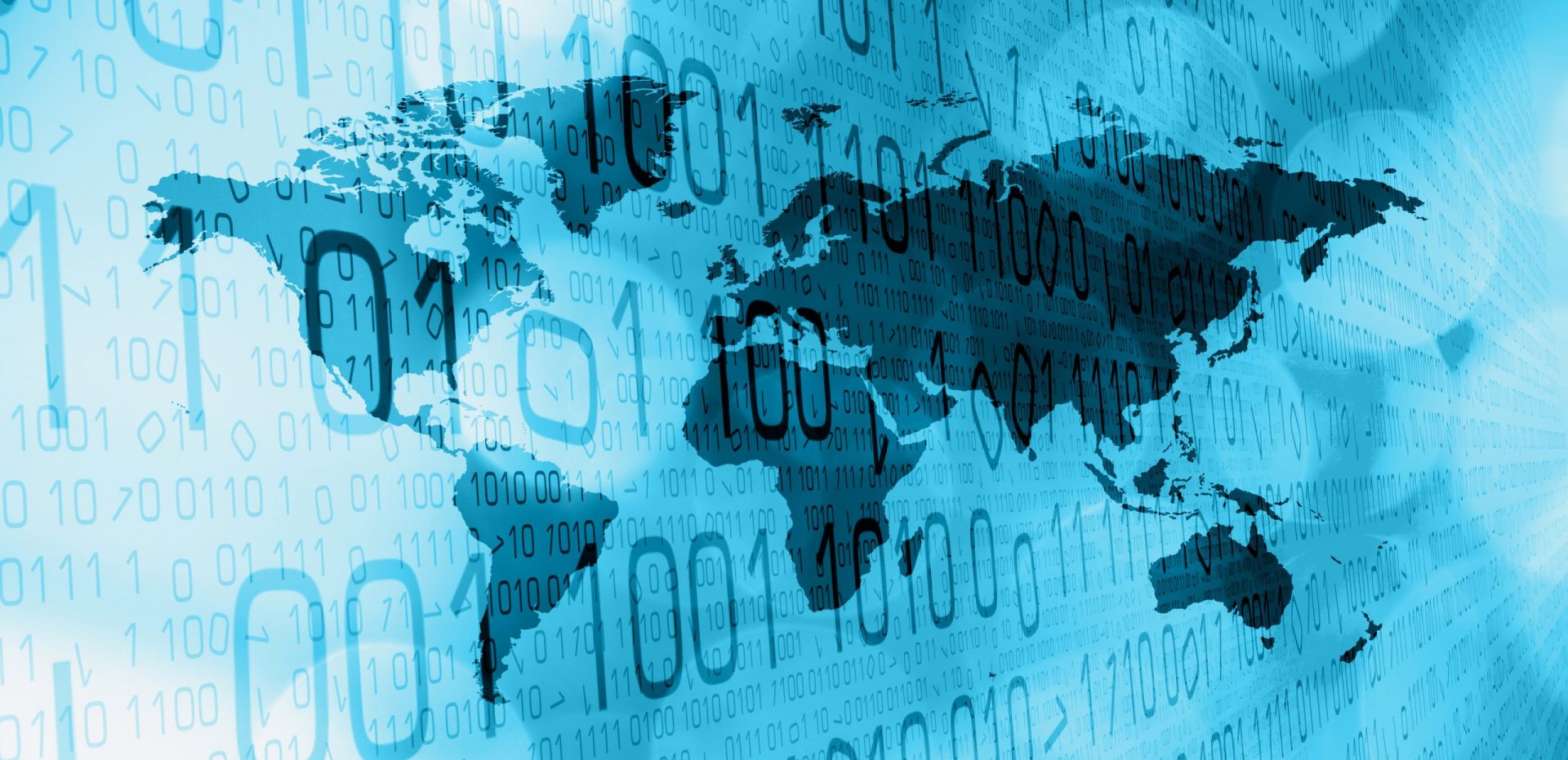“A New European Initiative for Technology Diplomacy and Artificial Intelligence in Conflict Prevention and Mediation” is the title of a statement that was recently signed by participants in a workshop on the influence of artificial intelligence in diplomacy and conflict resolution. The proposal of this critical declaration marks the first step towards a better understanding of the use of artificial intelligence in multilateral relations.
Artificial Intelligence (AI) already has an extensive influence on several aspects of our daily lives. AI has become an essential tool in many business sectors: healthcare, finance, logistics, real estate are just some prominent examples of the importance of this technology. Every single day marks new AI developments in many different areas, and governance mechanisms are typically not keeping pace with that progress.
Most outsiders still see diplomacy as a matter of endless discussions in elegant lounges that usually end with leaders shaking their hands in front of a camera. The reality is that artificial intelligence plays a central role in 21st Century diplomacy and politics. Depending on its use, it can be a source of risks to democracy, cybersecurity, tech-diplomacy, and human rights. These risks can manifest themselves at different levels, from the fabrication of fake news to spread uncertainty and fuel conflicts to destructive cyberattacks and the use of autonomous weapons, either in battle or against the civilian population.
Similarly, the innovative potential of technology such as Artificial Intelligence (AI) can be beneficial for conflict resolution activities if it is harvested to enhance knowledge management and background evidence (e.g., pattern detection in the global data on conflicts, ceasefires and peace agreements). AI and related technologies can also help improve practitioner understanding of specific features in both local and international conflicts and broaden the peace process’s inclusivity by gauging the views and opinions of the wider population (e.g., through computerised social simulation and policy modelling approaches).
Precisely because AI and related technologies can have such an influential impact on politics and diplomacy, participants of the Toledo Workshop on Artificial Intelligence, Technological Diplomacy and Conflict Resolution, held in the Spanish city on June 18th and 19th, 2021, have summarised the constituents of a new European initiative for “Technology diplomacy and Artificial Intelligence for conflict prevention and mediation” in ten guidelines (here is a link to the complete text of the declaration in English).
The workshop’s main objective was to discuss how the role of AI can be better understood in conflict prevention and resolution and the entailed challenges and opportunities for building trust between factions in the event of a conflict. The declaration was signed by the congress participants (including our Special Advisor to the Re-Imagine Europa’s Task Force on Democracy in a Digital Society, Gianluca Misuraca) in a personal capacity. Being the first initiative of its kind in Europe, it is underlining the urgent need to comprehend such an important and constantly evolving segment of technology governance.
The proposed changes will require a dramatic shift in the approach to diplomatic relations and conflict resolution, particularly in terms of the necessary professional skills and the need to think of new tools that will have to be conceived and designed with the help of experts in the sector. While there are still many challenges to be identified and addressed, this timely initiative is a small step towards defining a joint initiative that could contribute to setting up global technology governance mechanisms that consider universally shared values as a non-negotiable starting point. Time is ripe!




